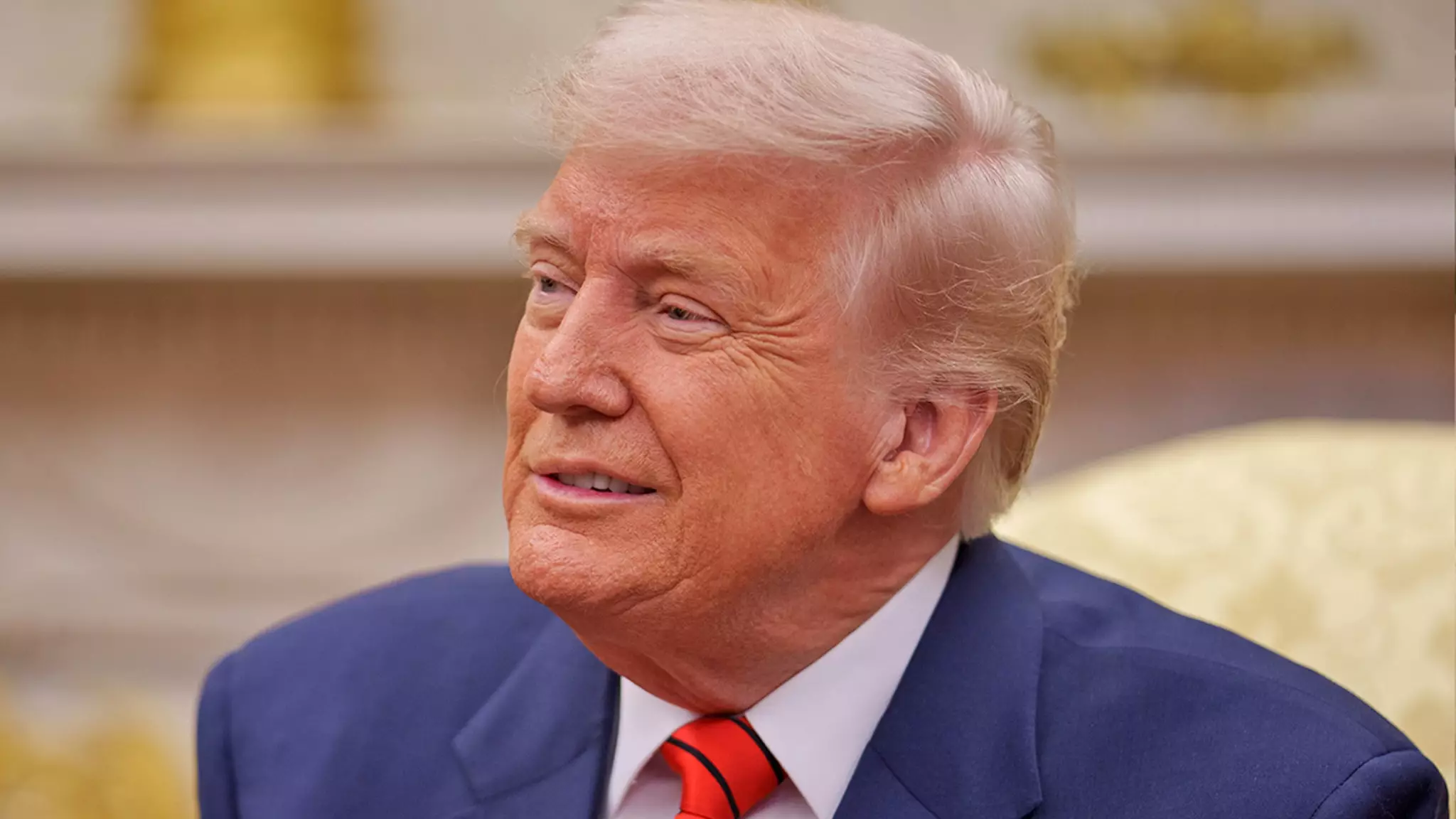In an unexpected twist, former President Donald Trump has broached the idea of reopening Alcatraz, a former federal prison with a notorious reputation for housing some of history’s most infamous criminals. The proposition, announced on Truth Social, sounds almost theatrical — an attempt to evoke America’s deep-rooted sentiments about crime and punishment. By suggesting the resurrection of this dilapidated prison, Trump appears to be channeling a long-standing fascination with law enforcement and toughness in his quest for political relevancy. Such a bold stroke raises numerous questions regarding the efficacy, legality, and moral implications of such an endeavor.
A Symbol of Law and Order
Trump characterized the proposal as a breakthrough aimed at restoring “Law, Order, and JUSTICE.” Yet, this framing is not merely administrative; it taps into the collective psyche of many Americans who feel abandoned by traditional justice mechanisms. The notion that reopening Alcatraz might somehow alleviate the perceived chaos of contemporary crime suggests a yearning for a bygone era where punitive measures were perceived as effective deterrents. However, one must ponder: does opening an old prison truly symbolize law and order, or does it merely perpetuate outdated narratives about crime, rather than focusing on rehabilitation and holistic solutions?
The Economic Viability of a Fallen Fortress
Historically, Alcatraz was closed due to exorbitant operating costs that greatly outstripped its value as a correctional facility. Past reports indicated that it cost three times more to run Alcatraz than other modern prisons, with projections for restoration work soaring to millions. In an era where economic efficiency is crucial, reinstating a prison with such financial burdens seems unfeasible. Surely, the Bureau of Prisons would need to contend with the substantial costs of re-establishing a facility that has morphed into a tourist attraction, drawing over 1.2 million visitors annually. There’s a dissonance in converting a historical site back into a prison when alternative measures to address crime could be more cost-effective and impactful.
Criminal Justice in a Modern Context
Trump’s remarks about “radicalized judges” imply a fundamental misunderstanding of the American justice system, which is rooted in principles of due process. His statement suggests an inclination to bypass essential legal constructs in favor of swift punitive action, particularly against undocumented immigrants. This raises concerns about civil liberties and the ethical implications of enforcing such policies in a land built on the rule of law. If law and order can be interpreted through the lens of fear and rapid retribution, what does that mean for justice itself?
A Polarizing Perspective
It is impossible to view Trump’s vision of business as usual without acknowledging its divisiveness. The idea of reopening Alcatraz could resonate with a segment of America yearning for a clear stance on crime but simultaneously alienates those who seek reform rather than further punishment. This duality illustrates the polarization of American society on issues of justice, accountability, and what the future ought to look like. Trump’s audacious move, then, serves not only as a manifesto of his platform but also as a reflection of an ongoing debate about how best to achieve a balance between law enforcement and compassion in a complex day and age.

